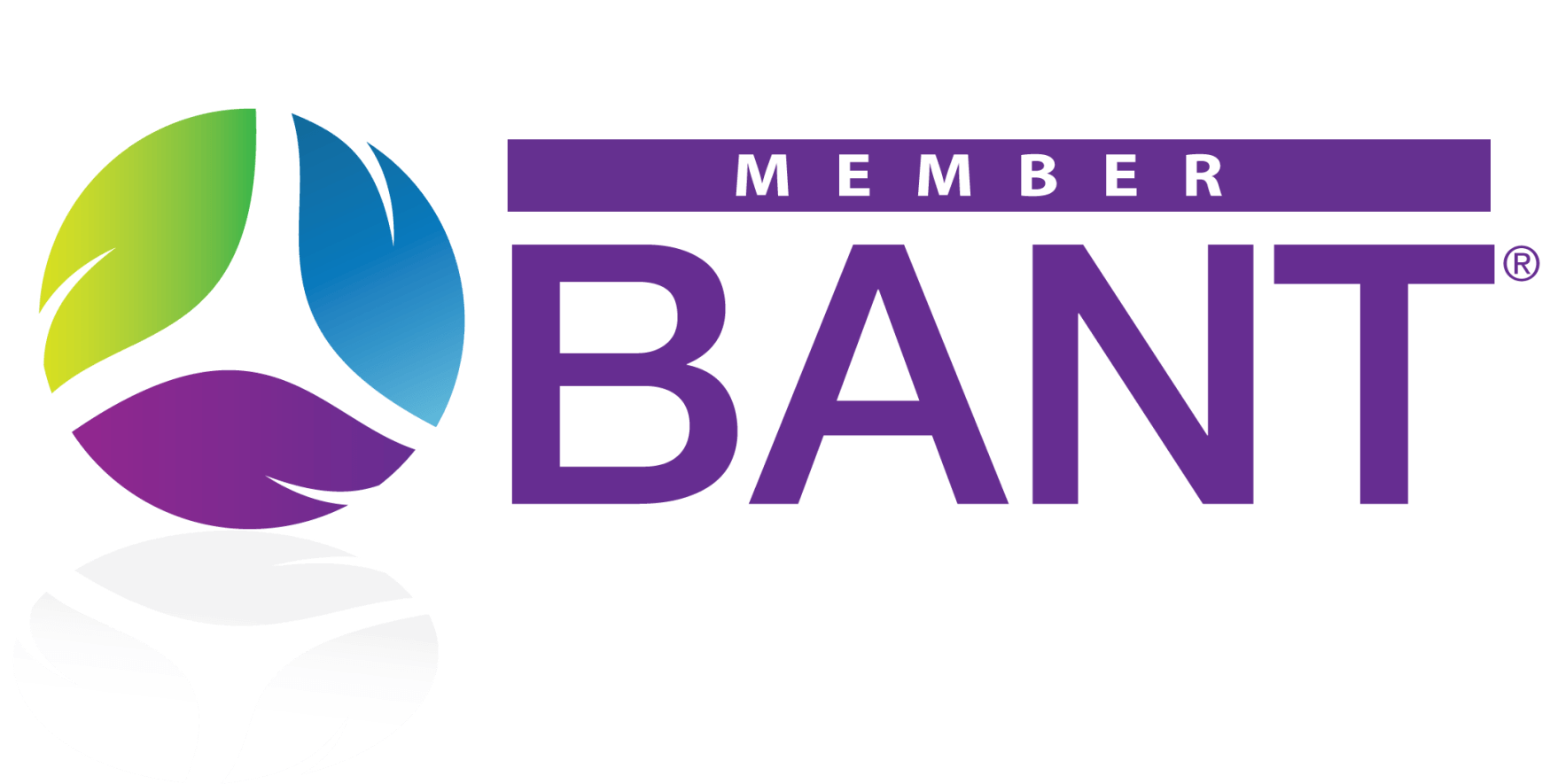Weight Control
First, be aware of what you are putting into your body.
Treat yourself occasionally, but try to avoid refined products (i.e chocolate, sweets, crisps etc.). This may seem impossible but eating is habitual. When your body is receiving the correct nutrients from food the chemical cravings will be a thing of the past (this normally takes about 2/3 weeks to conquer).
Seasonal food is best because you know it is more likely to be fresh and always cook foods from scratch so you know what’s in them.
Second, make sure you have lunch.
It’s so easy to skip, particularly if you’re busy at work or you’re confined to the office. It’s all about organisation. Perhaps you could cook yourself an extra portion of dinner the night before, or cook a big batch of soup, curry or stew at the weekend that you can freeze in batches. The key is to make sure it has plenty of ingredients like lots of chunky veg and lean protein (i.e turkey, venison, fish or beans). Without this you’ll be starving and come the afternoon you’re be suffering from the 3 o’clock slump and reaching for the biscuits!
If this does happen it means you’re running out of fuel, so this is the time you should eat fruit to give yourself a surge of quick fix energy! Fruit should ideally be eaten at least an hour away from other foods because it digests quicker than other food groups. We’re so used to eating fruit after a meal, just to finish with something sweet. All it then does is sit on top of the other food and ferments, therefore giving us toxins that we definitely don’t need. If you must have fruit at mealtimes have it before a meal so it digests first. The only exception I make is if you eat fruit with yoghurt – say a granola in the morning (the alkalinity of the yoghurt counteracts the acidity of the fruit).
Now if you’re really hungry and you’re looking for a snack try an oatcake, rice cake, or cracker spread with a cream cheese or nut butter (it’s the fat content in the protein spreads that will switch your brain off to say it’s eaten) otherwise you’ll eat copious amounts of plain crackers and still be hungry.
Finally, the evening meal.
Be careful of portion sizes, after all, the odds are you won’t be as active in the evening as you have been all day. As a general rule, try a heaped serving spoon size of protein (i.e. meat, poultry, pulses, fish, eggs or cheese), complex carbohydrate (i.e. potatoes, pasta, rice, bread) and carbohydrate (i.e. vegetables). Above all make sure you cook with lots of herbs or spice as if you don’t have foods with flavour, your taste buds will get very bored, very quickly.
And most importantly drink at least eight glasses of water a day (ideally bottled or filtered is best).
Don’t forget for every normal tea or coffee you drink you must drink a glass of water to compensate because they act as diuretics which dehydrate the system. You may be unaware that for every pound of fat burned, 22 ounces of water is produced. It’s extremely important to flush this water away as it’s full of the by products of fat digestion. This fluid can be retained in the tissues of the ankles, hands and feet.
Exercise, of course, is also key.
For those of you who aren’t used to exercise try brisk walking for at least 20 minutes each day, this can then be built on. For others who are used to it, try at least three, hour sessions per week as well as your daily walking activity. This is the best way of boosting your metabolism and your elimination systems.
Well, you may be sitting there thinking, actually I’ve done all that in the past and it’s not worked for me. That’s because you’ve probably got a metabolism imbalance or will soon create one. The endocrine system is our metabolism. Once you can fortify that, get the bowels working regularly, digest the food rather than turning it to fat, you have a successful combination for losing weight. The endocrine system controls so much of what we are. It’s our fight and flight response (when stressed we’re normally overworking this one), our rest and repair (if you’re not sleeping well, you’re not repairing), our hormones (don’t forget insulin, which controls our sugar balance, is a hormone), and our minerals (our metabolism needs good quality minerals to work properly). When these functions are compromised we can become very toxic. This is a scenario our bodies need to avoid as then it means we will not be able to digest properly.
For some people, they digest too quickly and for others too slowly (turning it to storage fat). Both are extremely detrimental to our health and symptoms such as fatigue, diarrhoea, constipation, bloating, wind, indigestion, skin problems, fungals, headaches to name but a few can manifest.
1) Don’t panic, there is a lot that can be done to help.
2) Don’t put up with these symptoms and think they will go away as the likelihood is they will only get worse.
3) Get some professional advice.
You can find out more by visiting my Nutritional Therapy page, or to discuss how I can help support you with your weight control please contact me on 01954 267 818 or annlpinkney@gmail.com
Other helpful resources:
https://www.nhs.uk/better-health




